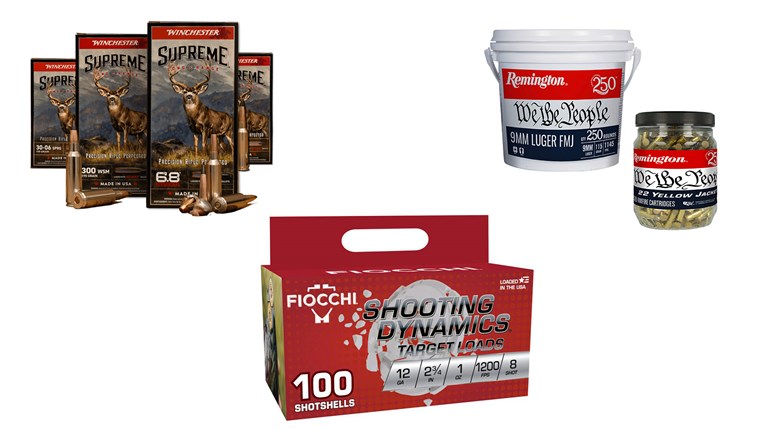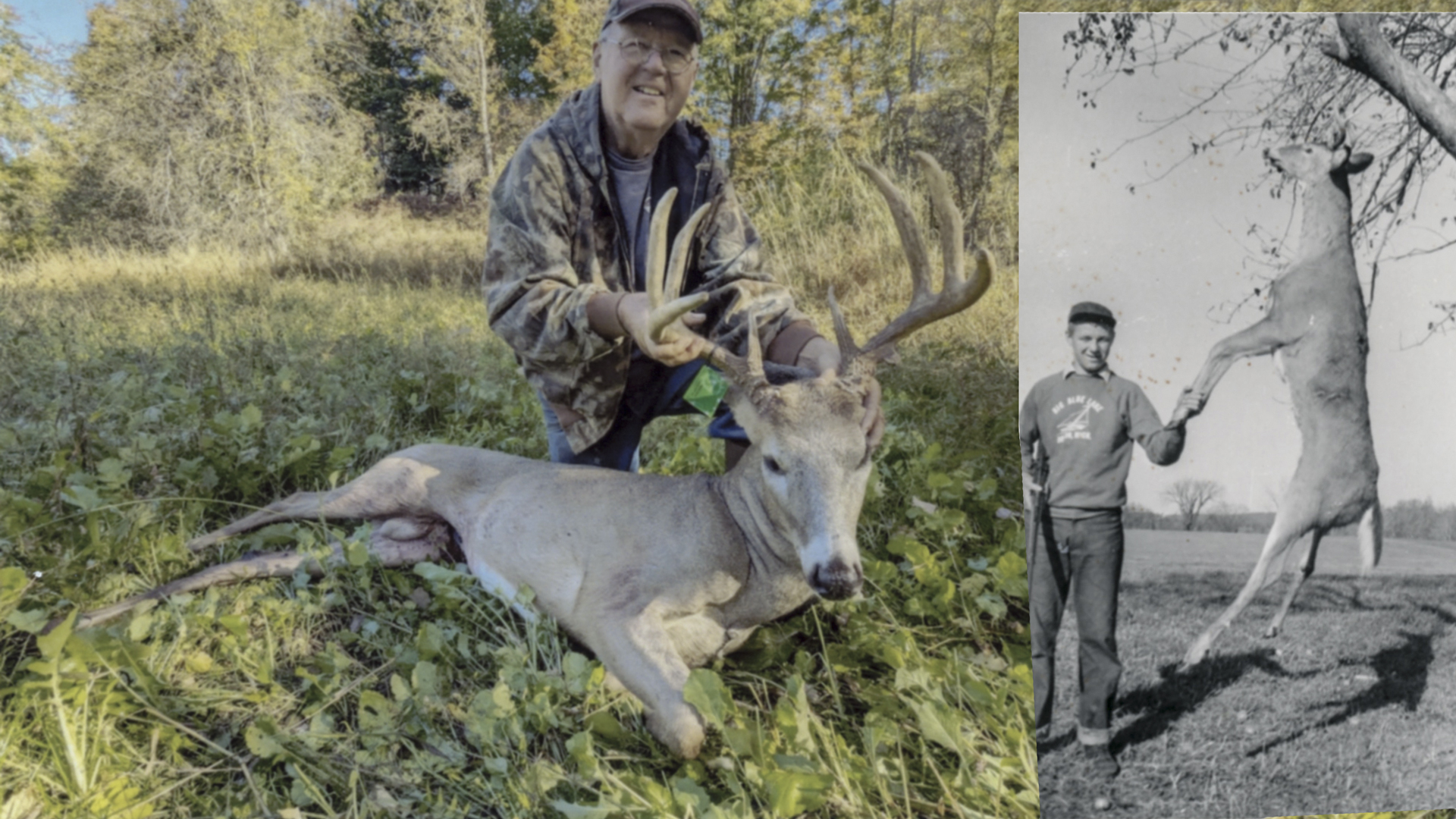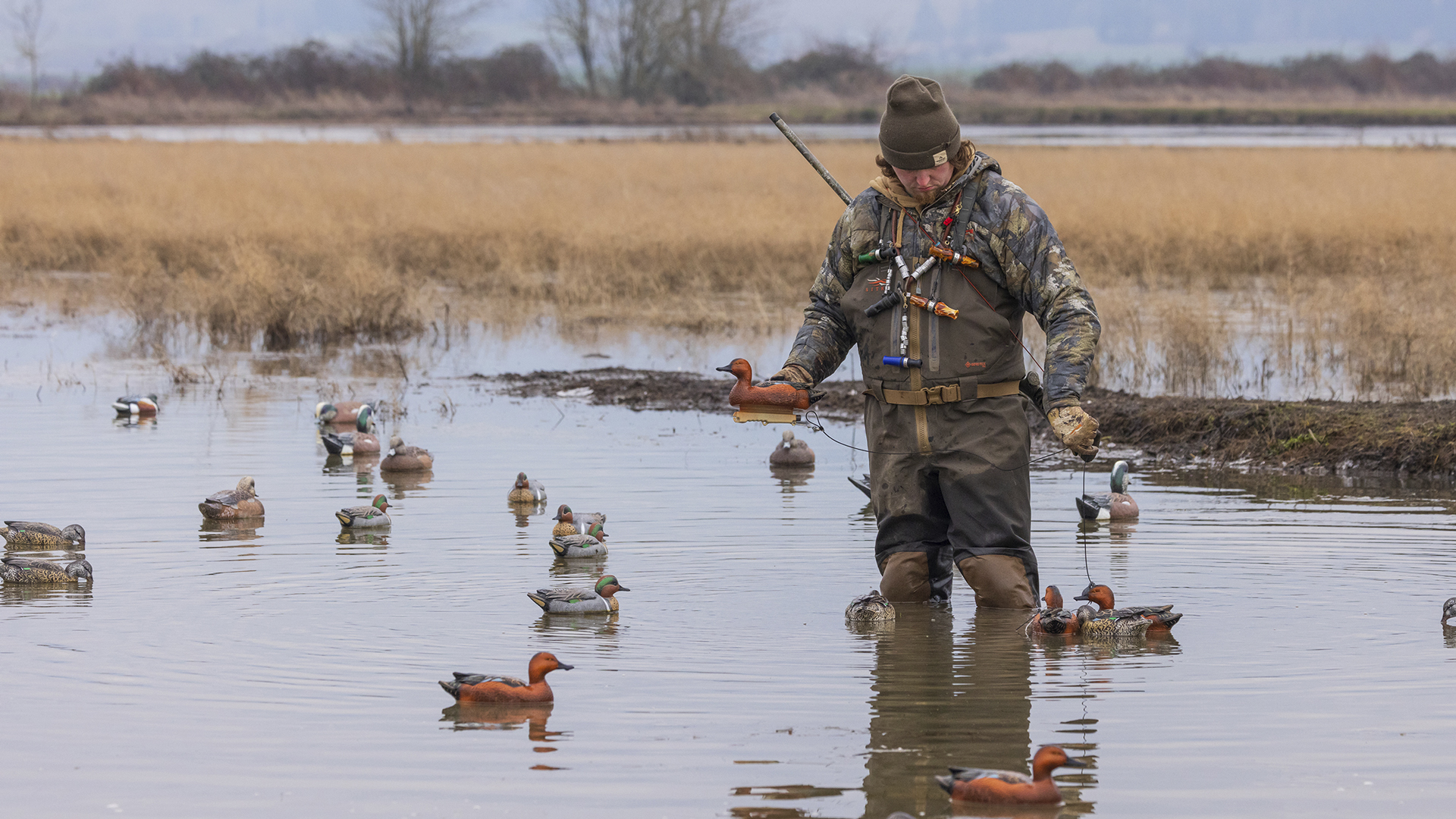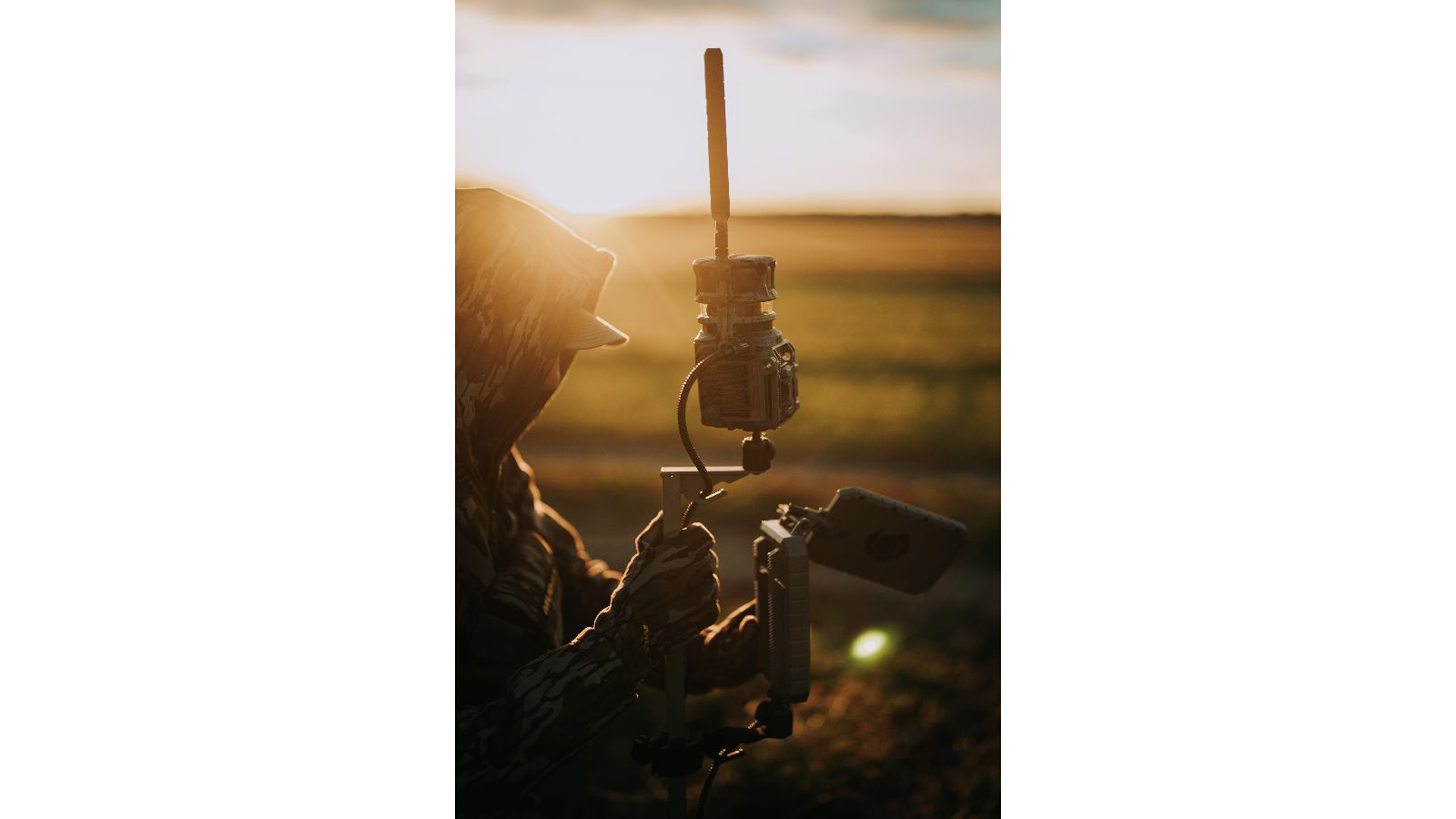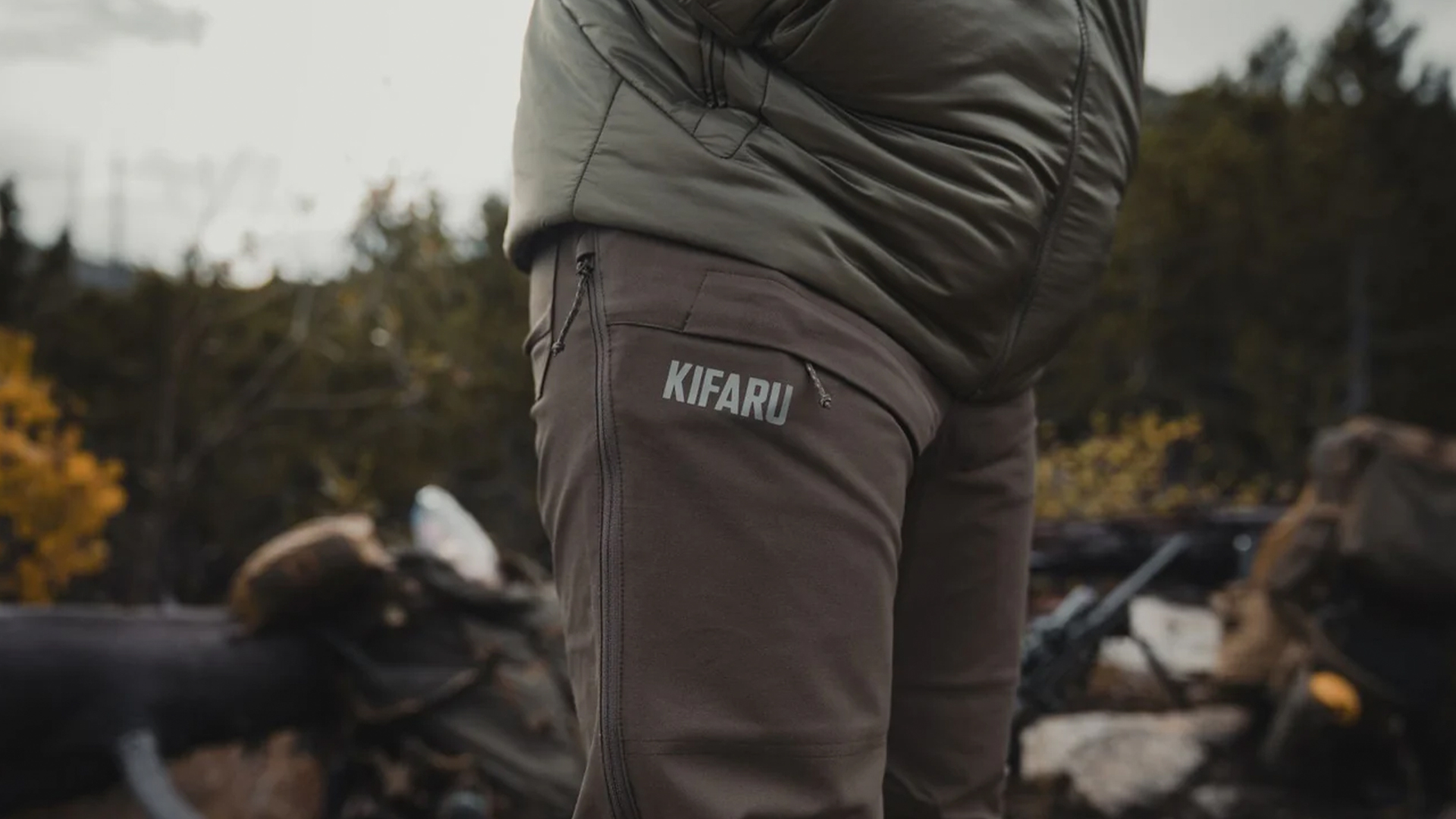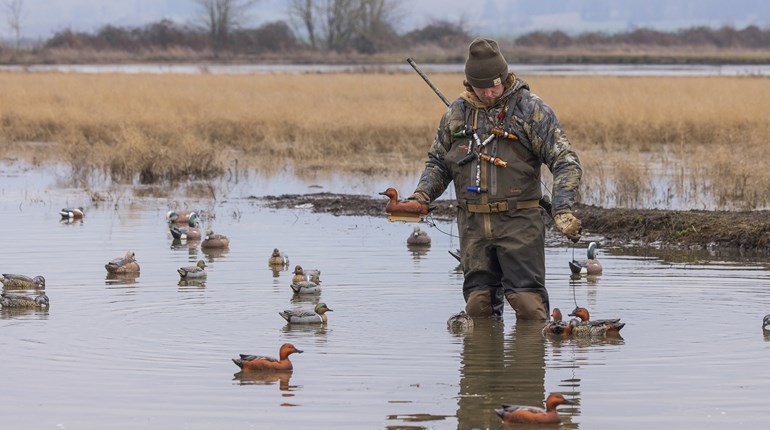In a July 23 letter submitted to Secretary of the Interior Sally Jewell, NRA and 32 other conservation organizations call the recent lead-ammo ban petition filed with the Department of the Interior (DOI) by the Humane Society of the United States (HSUS) and other anti-hunting groups “quite simply an attempt to drive hunters, and subsequently recreational target shooters, off of Federal public lands. It is unnecessary, has no basis in sound science and should be rejected by the Department.”
The HSUS petition, filed in early June, demands DOI implement rules that ban hunting with traditional ammunition containing lead on more than 160 million acres of public lands managed by the National Park Service and the U.S. Fish and Wildlife Service. As outlined in “The HSUS Lead-Free Campaign” handbook, the petition is the first step in a three-pronged, “comprehensive approach to ending the use of lead ammunition for hunting purposes—hitting the issue at every level and utilizing animal welfare concerns as the primary rationale—[that] will achieve lasting results and save millions of animals’ lives in the process.”
Despite its emotional pleas to pet lovers, “animal welfare” appears to be the least of concerns for HSUS. As reported by HumaneWatch, HSUS tax forms show less than 1 percent of the $131 million it raised in 2011 went to support animal shelters. In its 2012 tax return, HSUS—a registered 501(c)(3) organization—reported investing a whopping $25.7 million in offshore funds.
“But why would a U.S. charity be putting $26 million in the Caribbean?” asked HumaneWatch in a recent blog post. “HSUS is a non-profit. It’s not in the business of investing money in hedge funds to make a profit. … It’s because money seems to come first for the cynics and the bean-counters running HSUS.”
If HSUS were concerned about animals, it would recognize the leading role hunters and shooters play in conserving wildlife. The National Shooting Sports Foundation reports that, as of 2013, purchases of firearms and ammunition raised more than $7 billion in support of wildlife conservation through an excise tax established in 1937 under the Federal Aid in Wildlife Restoration Act, commonly called “Pittman-Robertson.” These funds benefit all wildlife on public lands—not just game animals—and a large part of them have come from the sale of traditional ammunition.
But clearly, the anti-hunting agenda HSUS seeks to further would never include promoting the efforts of hunters. In fact, as NRA and the other signatories, which include several archery and bowhunting groups, point out in their letter to Secretary Jewell, “HSUS has said, ‘We are going to use the ballot box and the democratic process to stop all hunting in the United States. We will take it species by species until all hunting is stopped in California. Then we will take it state by state.’ HSUS has led numerous state and national initiatives in furtherance of achieving that goal, and this petition is simply another tactic unto that end.”
In its latest step to ban hunting—and put at risk wildlife populations hunters and shooters have for decades paid to conserve—HSUS cites in the petition “significant hazards posed by the use of lead ammunition.” However, the letter submitted by conservation organizations in response states, “The body of scientific literature on the use of traditional ammunition does not support the petitioners' underlying conclusion that the past and continued use of traditional ammunition has resulted in negative wildlife population level effects.
“One of the seven tenets of the North American Model of Wildlife Conservation is that the best science available will be used as a basis for informed decision making in wildlife management rather than by opinion or conjecture, or as in this case, false inference,” the letter continues. “The 50-page petition is littered with pseudo-scientific statements that attempt, but fail, to link potential lead toxicity, from any number of possible sources, to federal statutory obligations to protect wildlife. In addition, this false line of reasoning is also true of the petitioners' claim regarding the threat to public health. There has never been a single documented case in the United States of a hunter having elevated blood lead levels, let alone blood lead poisoning, caused by consuming game harvested with traditional ammunition.”
This isn’t the first time HSUS has tried to ban hunting by making false statements about lead ammunition. Remember the bogus claims and scare tactics the organization employed when misrepresenting information presented in studies by the Center for Disease Control (CDC) and the North Dakota Department of Health.
Attempts by HSUS to keep public shareholders from enjoying the land they own don’t end with hunters, either. In the petition, the group proposes a regulation that states, “The use of nontoxic ammunition shall be required when discharging any firearm on any land owned, managed, administered, or otherwise controlled by the National Park Service or the U.S. Fish and Wildlife Service.”
Worse yet, the petitioners don’t stop there. “The signatories also note that if such a ban was instituted, additional petitions for Bureau of Land Management (BLM) lands and other federal holdings (e.g., National Forests) would likely follow,” concerned conservation organizations explain in their letter to Secretary Jewell. “We also contend that additional bans, regarding traditional ammunition, will be sought for recreational target shooting on a broad suite of federal land holdings, including those noted in this letter. This is a traditional and historic use allowed on millions of acres of public lands. Alternative ammunition is more expensive for hunters—and there are not alternatives available for about half the hunting calibers. But, for target shooters, who consume far more ammunition in pursuit of their sport, the cost would be prohibitively expensive. The cost would effectively close public lands to shooters.
“The importance of recreational shooting to the American System of Conservation Funding [including the excise tax established by Pittman-Robertson] cannot be overstated,” the letter continues. “Approximately seventy percent of ammunition sold in the United States is for non-hunting purposes, much of it for target shooting. And traditional ammunition accounts for ninety-five percent of all ammunition sold.”
In a news alert on its website, Hornady Manufacturing stresses the real motive for the HSUS petition. “[T]his is nothing more than a back-door way to ban hunting altogether, by making the sport of hunting in America cost prohibitive,” the company states. “Once the rules change with regard to traditional ammunition on public land, it opens the floodgates for over-reaching restrictions on hunting as a whole.
“Approving this ban would reduce the 11% excise taxes currently raised from the sale of traditional ammunition, which is used to support wildlife conservation,” the company continues. “A ban of traditional ammunition would harm the very animals HSUS claims to protect.”
Hornady urges hunters and shooters to contact Secretary Jewell and ask the DOI to reject the HSUS anti-hunting petition. The company provides contact information and an editable, prewritten letter on its website.
If you prefer to make your voice heard over the phone, the following numbers will put you in touch with the Department of the Interior:
Department of the Interior Office of Communications: (202) 208-6416Department of the Interior Executive Office: (202) 208-3181Interior Secretary Sally Jewell: (202) 208-3181
You can also contact your local representatives about the HSUS petition by using the “Write Your Lawmakers” function at NRAILA.org.












